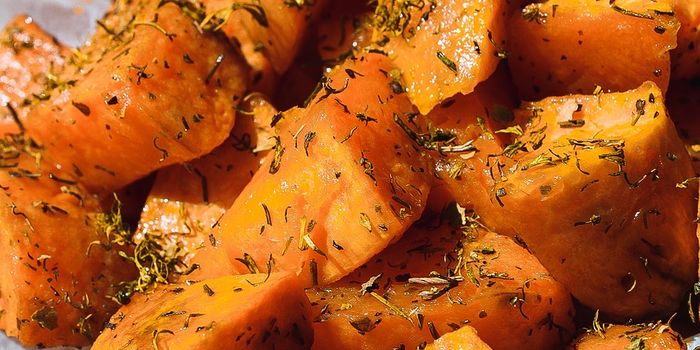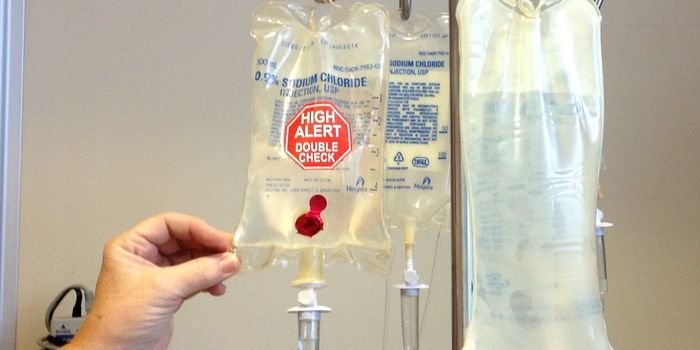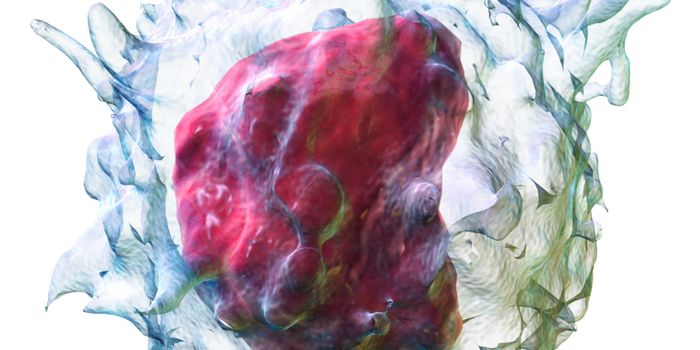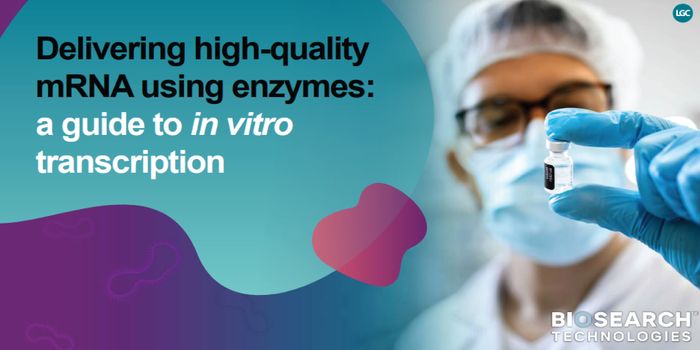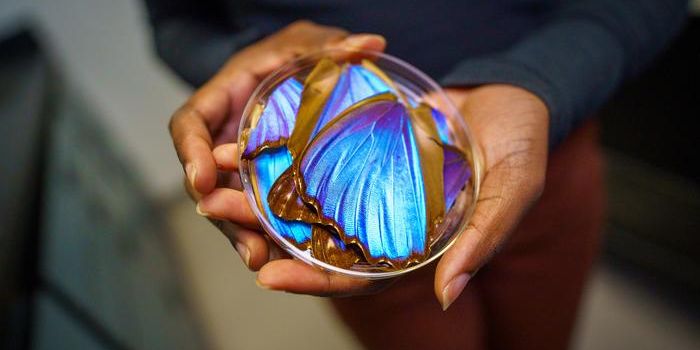Brown alga provides hope for cancer remedy
New research published in the journal Marine Drugs reports the development of a cancer remedy from molecules derived from a marine alga and its fungal symbiont. The research was conducted by scientists at the Marine Natural Product Chemistry Research Unit at GEOMAR Helmholtz Centre for Ocean Research Kiel, which focuses on transferring marine biotechnology research into real-life applications.
The researchers concentrated their research on the brown alga Fucus vesiculosus (bladder wrack) from the Kiel Fjord in the Western Baltic Sea. They wanted to see what marine active ingredients in the alga could be useful for drug research - but to do so, they had to overcome a tedious and expensive process.
"One of the biggest pitfalls in drug research is the isolation of already described natural molecules, using the 'classical' bioactivity-guided isolation process," explains Professor Dr. Deniz Tasdemir, head of Research Unit Marine Natural Product Chemistry at GEOMAR and GEOMAR Centre for Marine Biotechnology. "This approach is complicated and often prone to failures," Dr. Tasdemir says.
Using computer-aided automated approaches, the researchers were able to purify and characterize the alga’s bioactive chemical constituents. "The classical discovery approach from extraction to the characterization of bioactive ingredients of the alga would normally take 3-4 years. These automated tools helped us to accelerate the targeted discovery of new natural antibiotics down to some months," comments Tasdemir.
"Algorithm-based bioinformatics strategies and machine learning tools have enabled us to map the massive metabolome of brown alga and at the same time predict the molecular clusters responsible for their antibiotic activity," adds first author Dr. Larissa Büdenbender, who is a former postdoctoral fellow in Professor Tasdemir's group.
In doing so, the research team found that brown alga Fucus vesiculosus inhibits the pathogenic bacterium Methicillin-resistant Staphylococcus aureus (MRSA), widely known to cause infections. In a tandem article published in the same journal, the research team describes how 120 different symbiotic fungi associated with bladder wrack may also have anti-cancer properties. One, in particular, Pyrenochaetopsis sp., efficiently kills melanoma-type skin cancer cells with low cytotoxicity and has a very rich chemical inventory. This finding could open doors for the development of new therapeutics fighting not only MRSA but also skin cancer.
"Nature is the source of more than half of all modern medicines that we use today. Access to the revolutionary genomics, metabolomics, bioinformatics and machine learning tools will enable, in an unprecedented way, new and rapid discovery of marine compounds, and more rational and efficient use for subsequent drug development with industrial partners"," Professor Tasdemir concludes.
Sources: Marine Drugs, Science Daily


